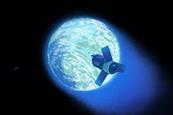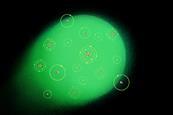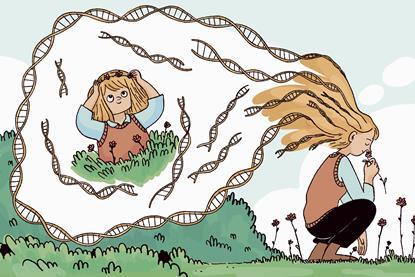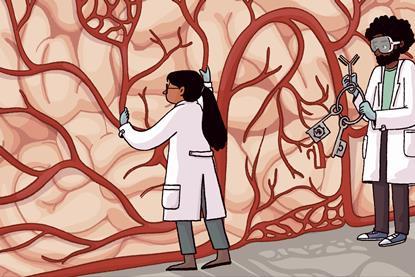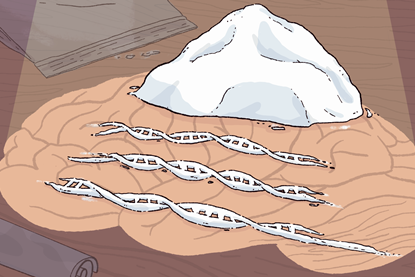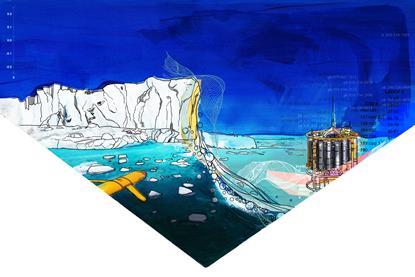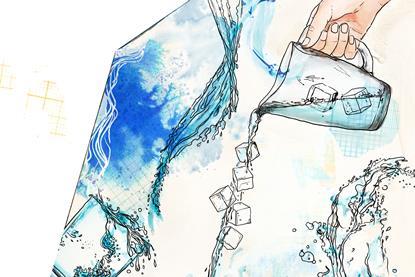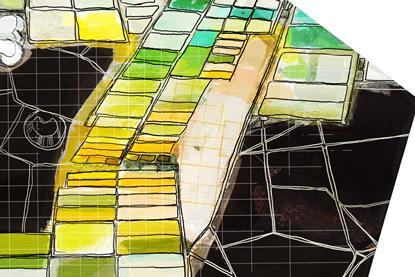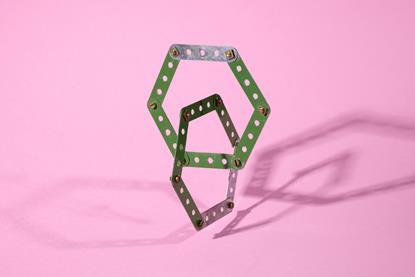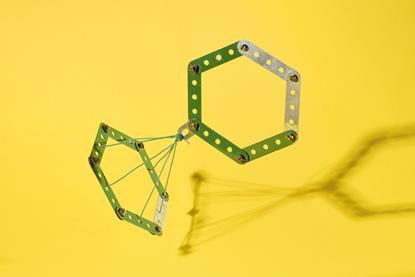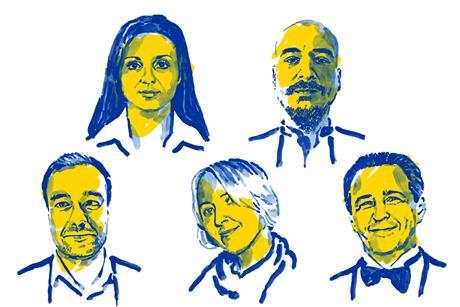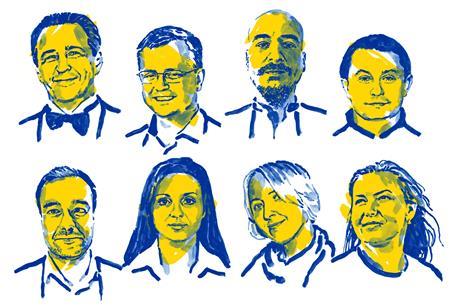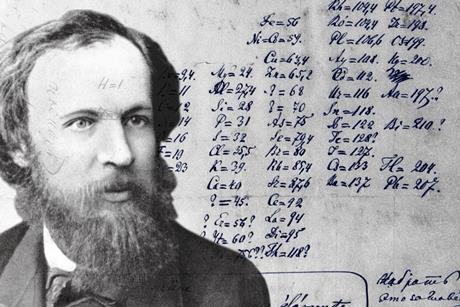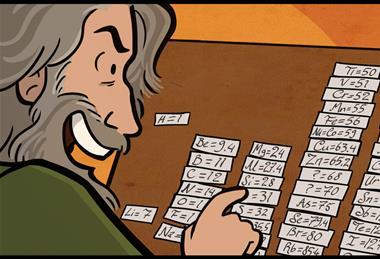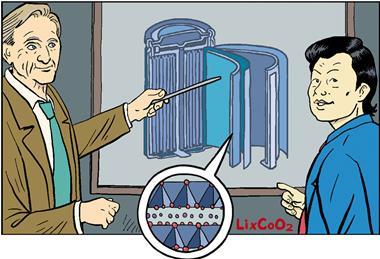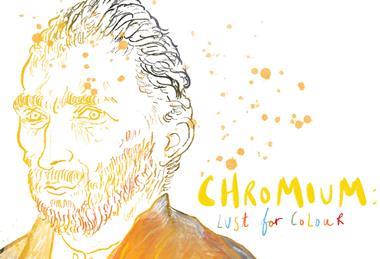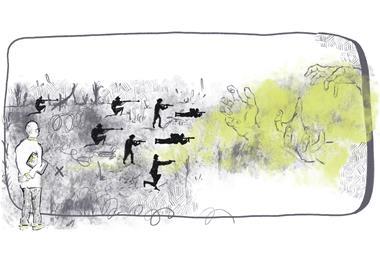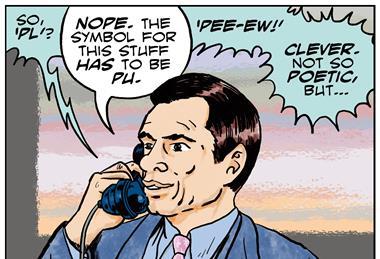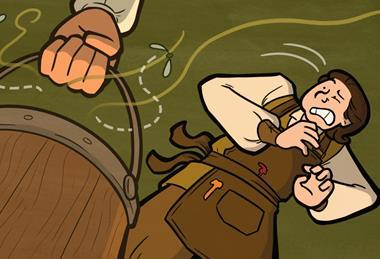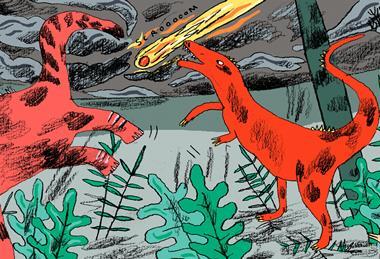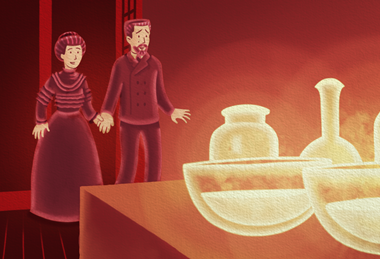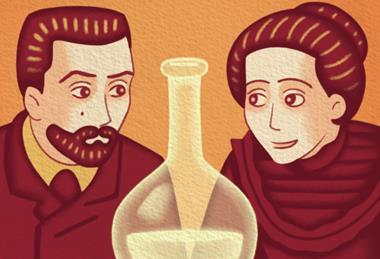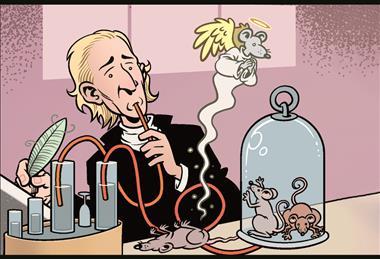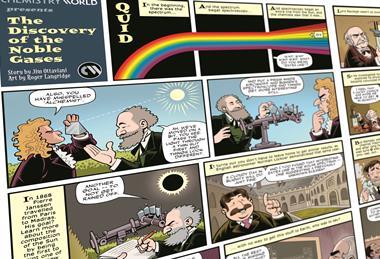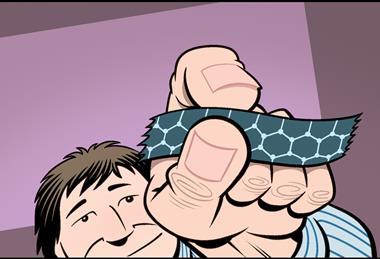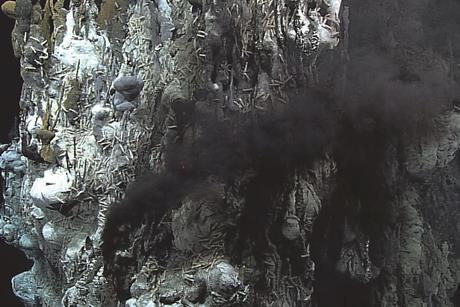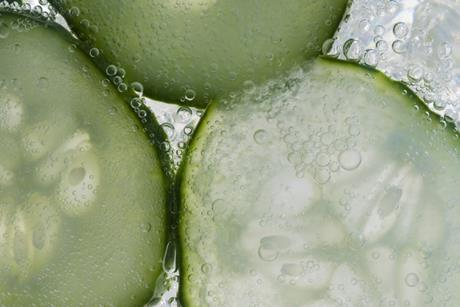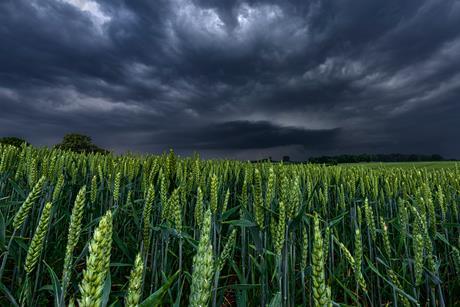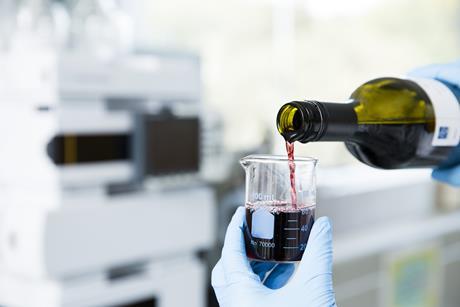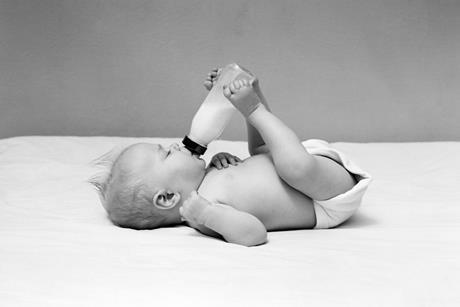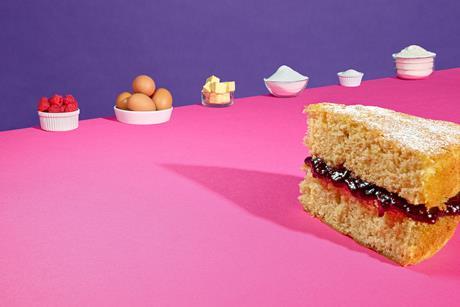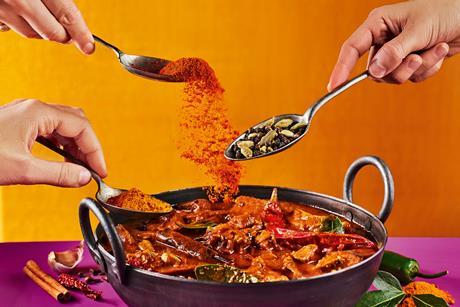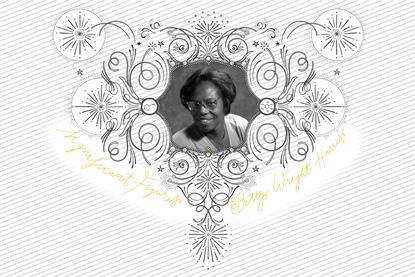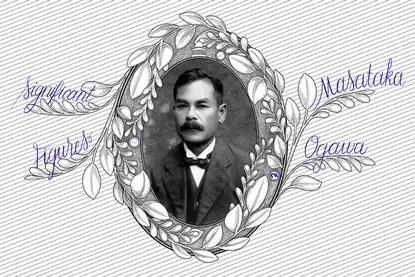How satellite remote sensing is enhancing our understanding of Earth
Instruments in space have studied the planet’s atmosphere and surface, and are now being joined by powerful new ones, finds Andy Extance
Analysing a chemist’s wish-list
Analytical techniques have come a long way, but what does the future hold? Rachel Brazil asks the experts what they’d like to see
Blood biopsies for cancer
Testing small amounts of blood for the presence of disease markers could revolutionise how we detect cancer. Clare Sansom reports
The undergraduate lab practical transformation
Nina Notman speaks to the educators leading the charge to revamp how university students learn in the laboratory
The GLP-1 weight loss revolution
Glucagon-like peptide-1 agonist drugs, such as semaglutide, could save countless lives at risk due to diabetes and obesity. Rachel Brazil looks at the difficulties in making the peptides themselves, and what’s coming next
Seaweed success
Scientists and entrepreneurs are sowing the seeds for a new kind of industry. Hayley Bennett explores the buzz around the marine ‘biorefinery’ business – and what might hold it back
Brain chemistry basics
Andy Extance looks into the latest in Alzheimer’s disease, pain and memory
Bypassing the blood–brain barrier
Researchers are on a quest to outsmart and overcome the sophisticated security system of the brain. Julia Robinson reports on some of the approaches being studied
The proteins that drive drug addiction
Jamie Durrani speaks to researchers exploring how epigenetic changes in the brain affect drug-seeking behaviours
The oceans’ climate challenge
Nina Notman speaks to the researchers unpicking the many ways the climate crisis is impacting our oceans – and vice versa
The chemists dedicated to making drinking water safer
Across the world, scientists use a variety of techniques to analyse and treat water to ensure it’s safe for us to drink. Julia Robinson talks to some of the people involved
Industry’s water sustainability crisis
As the chemical industry decarbonises, will it require more water? Angeli Mehta looks at whether there is enough to go round
The mechanical side of bonding
Synthetic chemists are finally mastering the assembly of interlocked molecules held together by the mechanical bond, find James Mitchell Crow
Reaching into the non-covalent toolbox
Alongside supramolecular stalwarts, budding bonding forms are vying to be valuable, finds Andy Extance
When a bond gets too extreme
Chemical bonds are part of the way chemists rationalise the behaviour of atoms in the conditions of the world around them. Tim Wogan looks at how they are affected when those conditions change
Chemists in Ukraine
Ukraine’s chemists persevere through a year of war
One year into the full-scale Russian invasion, Ukrainian chemists face blackouts and missile strikes
Living through the war in Ukraine
Since the full-scale invasion began, Anastasia Klimash has been talking to chemists in Ukraine to find out how they are being affected
The father of the periodic table
Mike Sutton looks at how Mendeleev’s patience revealed periodicity in the elements
Victor Ninov and the element that never was
20 years on, Kit Chapman investigates how a scientific scandal unfolded
What it takes to make a new element
Yuri Oganessian tells us how nihonium, moscovium, tennessine and oganesson were made
The art of the periodic table
The venerable chart of elements has inspired and entertained in its first 150 years. Hayley Bennett looks at some of its weird, wacky – and wise – incarnations
How elements are made beyond the stars
Tim Wogan looks at what recent astronomical discoveries have added to our understanding of stellar nucleosynthesis, and the mysteries that remain
Ordering the elements
From the law of octaves to the periodic table as we know it, Mike Sutton traces how chemists put their house in order
What is an element?
Our understanding of what an element is has evolved over the years, but it’s still a tricky concept to nail down. Philip Ball investigates
Element graphic novels
- Previous
- Next
Hydrothermal vents and the origins of life
Did life start on land or underwater?
Life on other planets
A series of missions to the moons of Jupiter and Saturn has revealed their potential to harbour life. Nina Notman looks to the skies
Why are there 20 amino acids?
Rachel Brazil tries to untangle the alphabet soup of life
The messy chemistry that led to life
To understand how chemistry became biology, some chemists are eschewing simple reactions to study complex systems with many reactants and products. Rachel Brazil peers through the tangle
How protocells bridge the gap from chemistry to biology
Rachel Brazil talks to the scientists trying to recreate what the first cells were like, or to make their own versions
Do asteroids hold the key to life on Earth?
A series of missions are set to reveal the hidden secrets of the asteroids. Nina Notman explores the science of space rocks
The origin of homochirality
Why do so many biological molecules exist in just one chirality – and how did it emerge? Rachel Brazil reflects on life’s strange asymmetry
The science of distilling gin
Do you know your cold compound from your London dry? Nina Notman sorts through the botanicals to find the perfect cocktail
Is modern food lower in nutrients?
Studies suggest that our fruit and vegetables are losing nutrients. Bárbara Pinho examines the evidence and looks at the implications of a ‘nutrient collapse’
The marvellous Maillard reaction
Andy Extance looks at the culinary reaction cascade that goes beyond Christmas and Thanksgiving dinner and has worrying links to health
The chemistry in your cuppa
Katrina Megget finds there’s more to tea than just a great brew – it’s also chemically complex
Separating turmeric fact from fiction
Thousands of papers have been published on curcumin’s healing potential, but its usefulness is not yet proven, finds Andy Extance
Well-tempered chocolate
Nina Notman discovers that controlling crystal structures and emulsions is the key to good chocolate
A taste of wine chemistry
Nina Notman talks to the wine detectives uncovering the flavour molecules in our favourite tipples
The science of breast milk and baby formula
Nina Notman reveals how breast milk research is inspiring a new generation of infant formulas and opening the door to therapeutic advances
The science of the perfect cake
Nina Notman opens her lab notebook to find a recipe fit for a queen
The chemistry of a curry
Can chemistry help Nina Notman make a better curry?
Betty Wright Harris’s explosive career
Hayley Bennett tells the story of a Black chemist who studied energetic materials – and ways to detect them
Masataka Ogawa and the search for nipponium
Could a Japanese scientist, whose claim to have discovered an element was dismissed, been right all along? Kit Chapman investigates
Elizabeth Fulhame, the 18th century chemistry pioneer who faded from history
More than 200 years ago, a female chemist introduced the concept of catalysis and made early steps towards photography. Rachel Brazil develops her story
